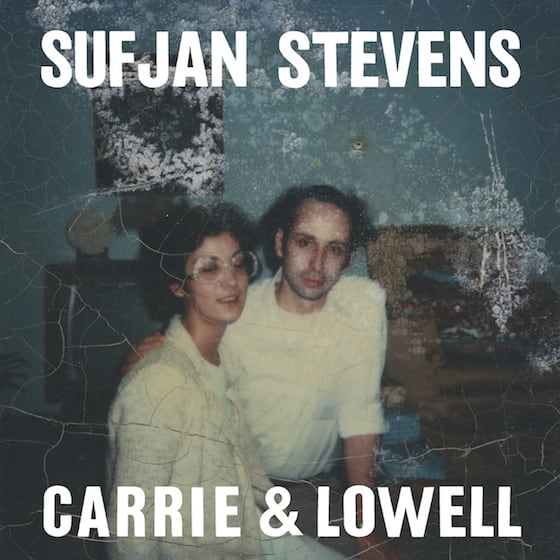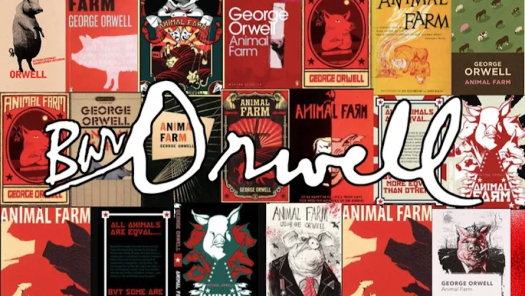When Sufjan Stevens released Seven Swans in 2004, it was unfairly met with apathy by a Fifty States Project-starved listenership waiting for a follow-up to Michigan and somehow disappointed by the straightforwardly pretty album he offered up instead. But with the States Project now a distant memory and a five-year wait since his grandiose Age of Adz, perhaps people will listen to the subdued, melancholic beauty of Carrie & Lowell with different ears.
It's a quietly triumphant return for Stevens, announced not by fireworks but by a series of small, elegant moments that reach for the heart. The album, named after his deceased mother and stepfather, is concerned foremost with themes of love and loss, which opener "Death With Dignity" quickly establishes: "Spirit of my silence I can hear you / But I'm afraid to be near you / And I don't know where to begin," he sings, repeating the last line twice for emphasis.
These songs of mourning — "Should Have Known Better," "Fourth of July" and first single "No Shade in the Shadow of the Cross" among the best of them — aren't all about his mother, necessarily; they're about Stevens' search for meaning in death, which he explores with a yearning, sparse guitar- and piano-centric sound that prioritizes contemplation over any formal narrative structure. As such, one would be hard pressed to find a traditional single or standout song here; instead, Stevens takes the listener along on his personal quest for meaning that, like depression, travels a long, flat road rather than the valleys and peaks that characterize more story-based works.
That Carrie & Lowell is so rivetingly lovely is no surprise; the difference is that instead of Christianity, the Chinese zodiac or American history, it's Stevens' own life and relationships that he mines here with his trademark deftness and nuance. And gosh, what agonizing, cathartic beauty he's shared.
(Asthmatic Kitty)It's a quietly triumphant return for Stevens, announced not by fireworks but by a series of small, elegant moments that reach for the heart. The album, named after his deceased mother and stepfather, is concerned foremost with themes of love and loss, which opener "Death With Dignity" quickly establishes: "Spirit of my silence I can hear you / But I'm afraid to be near you / And I don't know where to begin," he sings, repeating the last line twice for emphasis.
These songs of mourning — "Should Have Known Better," "Fourth of July" and first single "No Shade in the Shadow of the Cross" among the best of them — aren't all about his mother, necessarily; they're about Stevens' search for meaning in death, which he explores with a yearning, sparse guitar- and piano-centric sound that prioritizes contemplation over any formal narrative structure. As such, one would be hard pressed to find a traditional single or standout song here; instead, Stevens takes the listener along on his personal quest for meaning that, like depression, travels a long, flat road rather than the valleys and peaks that characterize more story-based works.
That Carrie & Lowell is so rivetingly lovely is no surprise; the difference is that instead of Christianity, the Chinese zodiac or American history, it's Stevens' own life and relationships that he mines here with his trademark deftness and nuance. And gosh, what agonizing, cathartic beauty he's shared.




